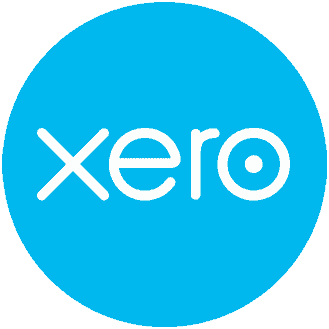IRD focusing on family transactions – Brightline tax grab?
As tax advisors, we see major issues with brightline applying where parents help their children into home ownership. Traditionally we have argued that the parent may be holding that land as Bare Trustee for the child. When the parent eventually transfers the title to the child, that transaction is ignored for brightline tax purposes. The IRD has just released an Exposure Draft that effectively kills this argument.
This is a major change to the position adopted by many clients and tax advisors, and also previously approved by the IRD in individual circumstances. And there is a risk here that the IRD could apply this argument retrospectively.

How did we get here?
Historically many parents have assisted their children to purchase properties. However, with the change of bank policy in the last few years, the Banks often insist these parents are registered as owners.
Once the child can support the full mortgage, the parents often transfer their interest in the property to the child. This is usually at cost, or at an amount equivalent to the remaining mortgage balance. In most of these scenarios, the parents are just trying to help their child onto the property ladder.
The Brightline Rules generally mean that the transfer from the parents to the child within 10 years (or the applicable brightline period) will be taxed on the gain in value. This gain will be based on the market value at the time of the transfer. The actual value used for this transfer is disregarded.
Remember the main home exemption will not apply for the parents, as they have not lived in the home.
Typically there have been options available in these situations so that the parents are able to assist their children into home ownership without incurring a tax liability as a result, if the transaction is structured correctly from the start. One of the key options was to treat the parents as Bare Trustee/s for the child. These structures worked because the parents were only purchasing on behalf of the child.
The IRD’s view
The IRD has now released Exposure Draft PUB00351 outlining its view on how they would treat these transactions. IRD has concluded there would be no nominee or Bare Trust relationship when the parent is included as a borrower in relation to the property. This is because the parent is personally liable under the terms of the loan. Thus the IRD argument is that the arrangement goes beyond the passive duties required of a Bare Trustee Arrangement. The parent is treated as owning a portion of that property for tax purposes.
Essentially the IRD’s view is if a parent has assisted their child into home ownership by being included on the mortgage for the Bank then they will have a tax liability if they transfer their share to the child (or sell) within the applicable brightline period. The tax will apply to the gain on the sale of their “share” of the property, based on market value, at the time of transfer, regardless of any amount actually received.
IRD has also indicated that this will be the case regardless of whether the parents have acted in their own names, as trustees of a trust or as shareholders of a company.
The IRD presented on this issue at the 2022 CAANZ Tax Conference held in Christchurch late last year. The recommended solutions were:
- Parents should not go on the title to land.
- Parents should get tax advice.
What is the tax advice we give to clients in this situation?
Unfortunately, this latest Exposure Draft leaves us with very few options to help our clients in this scenario.
The tax advice appears to be:
- Don’t go on the title. OR
- Stay on the title for the entire period of ownership until after the brightline period. OR
- Pay tax.
Unless of course, the property decreases in value…..
Is this a technical issue or a tax grab?
We do not believe the Brightline Rules were intended to apply to parents helping their children into homes, particularly when there is no economic, or real, gain derived by the parents. The Government has been asked to remedy this issue on numerous occasions. These amendments have not been made. And now we also have the IRD’s new position looking very much like a tax grab on imaginary gains made by parents just trying to help their children into home ownership.
If you wish to discuss these issues with us please get in touch.
*This publication contains generic information only. NZ Tax Desk Ltd is not responsible for any loss sustained by anyone relying on the contents of this publication. We recommend you obtain specific taxation advice for your circumstances.
The post IRD focusing on family transactions – Brightline tax grab? appeared first on .













